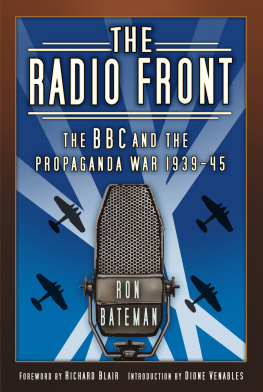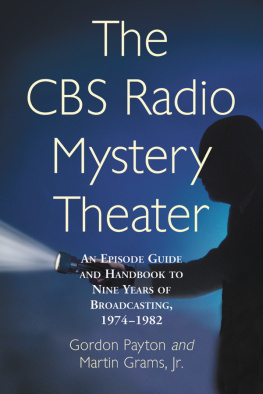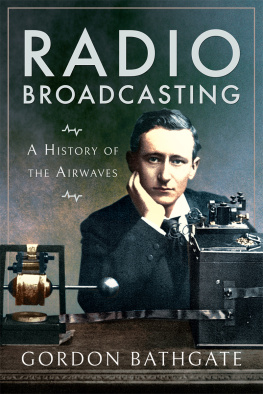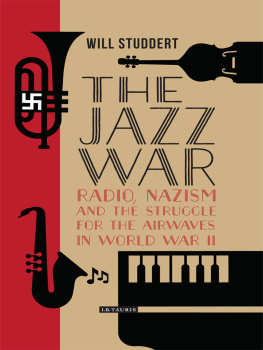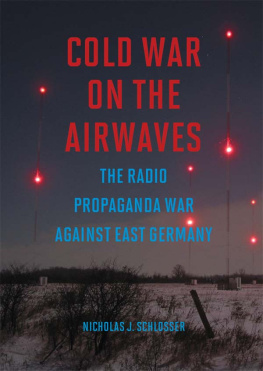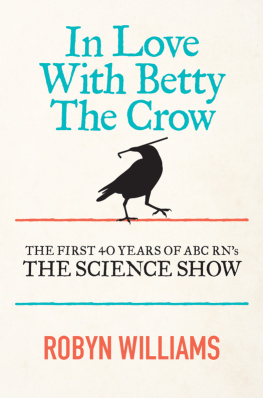Contents
Guide

In memory of my parents Ron and Joyce, who experienced the terror of aerial bombardment
First published 2022
The History Press
97 St Georges Place, Cheltenham,
Gloucestershire, GL50 3QB
www.thehistorypress.co.uk
Ron Bateman, 2022
The right of Ron Bateman to be identified as the Author of this work has been asserted in accordance with the Copyright, Designs and Patents Act 1988.
All rights reserved. No part of this book may be reprinted or reproduced or utilised in any form or by any electronic, mechanical or other means, now known or hereafter invented, including photocopying and recording, or in any information storage or retrieval system, without the permission in writing from the Publishers.
British Library Cataloguing in Publication Data.
A catalogue record for this book is available from the British Library.
ISBN 978 1 8039 9080 4
Typesetting and origination by The History Press
Printed and bound in Great Britain by TJ Books Limited, Padstow, Cornwall.
eBook converted by Geethik Technologies

CONTENTS
ACKNOWLEDGEMENTS
A t the time of writing, Britain was in the grip of the Covid-19 pandemic that resulted in strict limitations being put in place regarding access to essential archived material. I am most grateful to those institutions that were able to facilitate limited access to vital documents under very difficult circumstances. I would particularly like to thank the staff of the Churchill Archive Centre in Cambridge, The National Archives in Kew, The Netherlands Photo Museum and the Priestley Archive in Bradford for their friendly co-operation.
Special thanks also to the Orwell estate, the J.B. Priestley estate and the BBC Written Archive Centre for granting me permission to reproduce original material. Thanks also to Dr Rosa Matheson for reading through the original manuscript and offering useful suggestions, and to Karen Mortimer for assistance in cleaning up certain images.
I would also like to give a special thank you to the contributors who wrote the Foreword and the Introduction to this book. Now into her nineties, Dione Venables still has vivid memories of living in wartime London in a household dominated by wireless, and still hopes to discover more about her fathers wartime activities in connection with radio. Richard Blairs father, George Orwell, was also involved with wartime radio as an architect of propaganda for the BBCs Eastern Service. He too provides us with many valuable observations in the pages of his wartime diaries.
It was Orwell who once described the process of writing a book as being a horrible exhausting struggle. I was under no illusions that the task of disentangling the complexities and controversies of the BBCs wartime radio propaganda programme would not turn out to be just that, although I firmly believe it to have been well worth that struggle!
Ron Bateman, July 2021
FOREWORD
BY RICHARD BLAIR
W hen I was asked by the author if I would write the Foreword to The Radio Front: The BBC and the Propaganda War 193945, I immediately thought of my father, George Orwell, and his time at the BBC, where he described the corporation as being a cross between a lunatic asylum and a girls school. One hopes that as there is now a larger-than-life-sized statue of him outside the BBC, that forgiveness has been granted. At the time of his employment between August 1941 and November 1943 as talks producer for the Eastern Services, he would have been regarded as just one of many employees. Although he had several published books and was regarded as an interesting and, indeed, influential writer, it was after he left the BBC that his final two books, Animal Farm and Nineteen Eighty-Four, would propel him into the mainstream pantheon of one of the great English writers of the twentieth century.
When the BBC was founded in 1922 under its first director general, Sir John Reith, and his lofty ideals, its motto was Nation Shall Speak unto Nation and it was the embodiment of neutral and honest broadcasting. However, it didnt take the government long to recognise the power that this new form of communication could have in conveying important information to the population of not only Great Britain, but also the British Empire and other countries. Here was a powerful tool capable of being abused for the benefit of those countries who sought to spread disinformation and to bend the people to the will of the controlling authorities. Is it not interesting that some populations are more compliant to higher authority than others? It soon became clear to world governments that it was necessary to control the broadcasters of radio, and thereby control the population. In the land of the blind, the one-eyed man is king, goes the saying. As war approached with an inevitability that many failed to recognise, it was left to a few visionary people like Winston Churchill to see the danger. Mr Bateman relates an insightful story that during a meeting between British diplomats and Hitler in 1938, where both sides were wooing India, which wanted independence, Hitler showed his real hand by suggesting, if there was resistance, shoot Gandhi, if that fails shoot the Congress and keep shooting until they acquiesce. This was persuasion by terror. This was how, by various degrees, Germany subjugated the German population with the power of radio.
Once the Second World War had started, the government was able to instruct the nation through the BBC as to how people were to behave as martial law was introduced: blackouts, travel restrictions, rationing, opening and closing of public establishments, air-raid instructions and a long list of dos and donts. There is no doubt the government tried to temper the rigidity of wartime conditions with entertainment on the radio, such as Its That Man Again, otherwise known as ITMA. The lighter part of the BBC was broadcast on the Forces Programme, while anything more serious was on the Home Service. Interestingly, not only did Orwell work for the BBC, but his wife, Eileen, through the Ministry of Food, was also co-operating with the corporation. She, along with others, was charged with creating nutritious meals from some interesting ingredients, not without a few clashes of personalities, although not necessarily from Eileen, but from her superiors, both at the BBC and the Ministry of Food. Orwell and Eileen suffered from ill health and eventually they both left, Orwell in November 1943. He was quite often confined to bed with chest problems, like bronchitis, which kept him away for two or three weeks at a time. This condition goes right back to childhood. Baby has a bad chest, or baby is ill again, was a common comment by his mother and was to culminate in his death from tuberculosis in January 1950. Eileens health was also poor, she being very run down since the death of her beloved brother, Lawrence, also known as Eric, at Dunkirk in 1940. It was common knowledge that they both suffered from ill health, compounded by being heavy smokers. Eileen continued to work until November 1944, five months after they had adopted a baby boy christened Richard. Orwell had dearly wanted to be a father and, in the absence of a baby of their own, had discovered that a patient of Dr Gwen OShaughnessy, Eileens sister-in-law, was having a child that could not be kept and made arrangements for his adoption, a solution that delighted Orwell and Eileen in equal measure.

